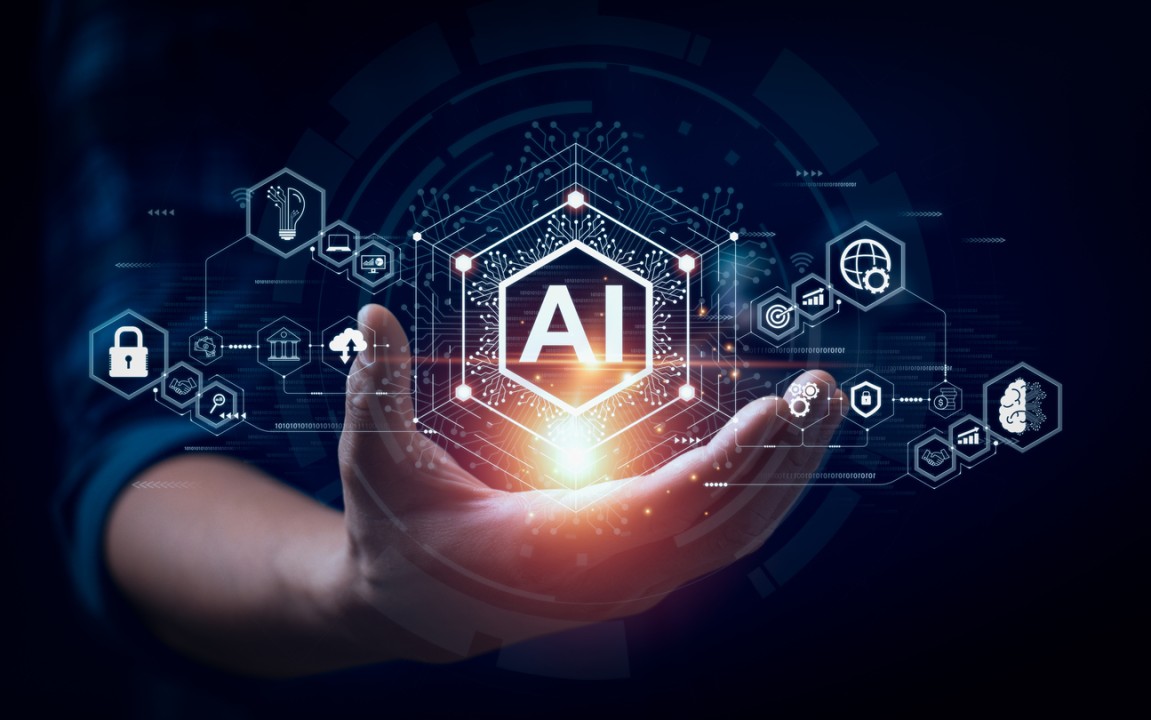
The Transformative Impact of AI and Machine Learning on Marketing Strategies
In the ever-evolving landscape of digital marketing, Artificial Intelligence (AI) and Machine Learning (ML) are no longer just buzzwords but pivotal tools reshaping marketing strategies. From startups to established corporations, businesses are increasingly leveraging AI and ML to gain a competitive edge. This article delves into how these technologies are revolutionizing marketing, focusing on predictive analytics, customer segmentation, and personalization.
Predictive Analytics: A Crystal Ball for Marketers
Predictive analytics, a subset of AI, involves analyzing historical data to make predictions about future outcomes. For marketers, this means better understanding customer behaviors and preferences. According to a survey by Forbes Insights and Treasure Data (2019), almost 40% of marketing leaders reported enhanced customer understanding as a key benefit of AI and ML.
One notable example is Netflix, which uses predictive analytics to not just recommend movies but also to decide what content to produce. This approach, driven by user data analysis, has led to the creation of hugely popular series like “House of Cards”.
Customer Segmentation: The Heart of Targeted Marketing
AI-driven customer segmentation breaks down the traditional one-size-fits-all marketing approach. It allows marketers to create highly focused customer groups based on various attributes and behaviors. As per a report by McKinsey, companies employing AI in segmentation have witnessed a 10-20% increase in sales.
Retail giant Amazon leverages AI for segmentation by analyzing purchasing patterns, which then shapes their targeted product recommendations, significantly boosting their cross-selling and upselling efforts.
Personalization: Making Every Customer Feel Unique
Personalization is perhaps one of the most significant advantages of AI in marketing. A study by Epsilon found that 80% of consumers are more likely to make a purchase when brands offer personalized experiences. AI algorithms help in delivering these experiences by analyzing vast amounts of data to predict what content or products might be most appealing to individual users.
Spotify’s Discover Weekly is a prime example, where AI curates a personalized playlist for each user, a feature that has been instrumental in Spotify’s growth in user engagement.
The Ethical Dimension and Future Outlook
While the advantages are many, the use of AI and ML in marketing isn’t without its ethical concerns, particularly regarding data privacy. As per the GDPR guidelines in the EU, businesses are required to use customer data responsibly. This calls for a balance between leveraging AI for marketing benefits and respecting consumer privacy.
As we move forward, the integration of AI and ML in marketing will become more refined. Gartner predicts that by 2025, AI will be a top five investment priority for more than 30% of CIOs. With advancements in technology, the possibilities are boundless, ranging from more accurate predictive models to entirely AI-driven marketing campaigns.
AI and ML are not just transforming marketing strategies;
they are setting new benchmarks for efficiency, personalization, and predictive accuracy. As businesses adapt to these technologies, we’re on the brink of witnessing a more data-driven, customer-centric approach to marketing that not only aligns with business goals but also enhances the overall customer experience
